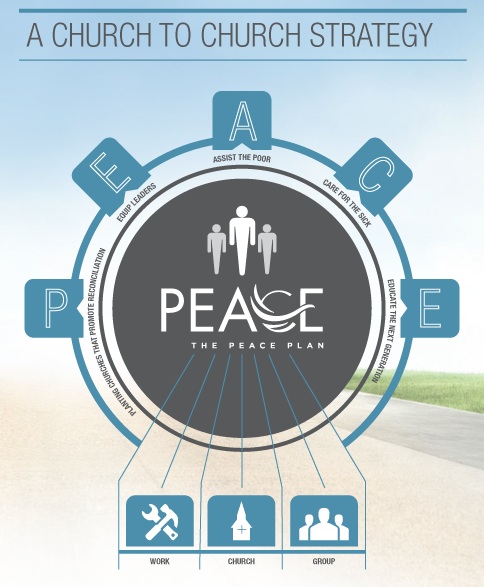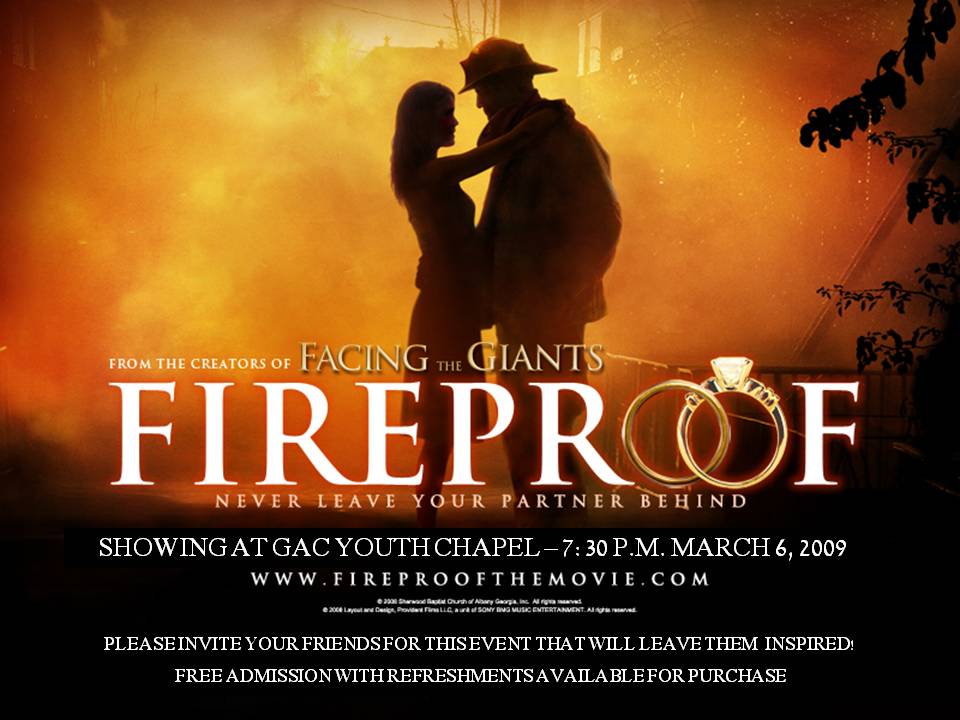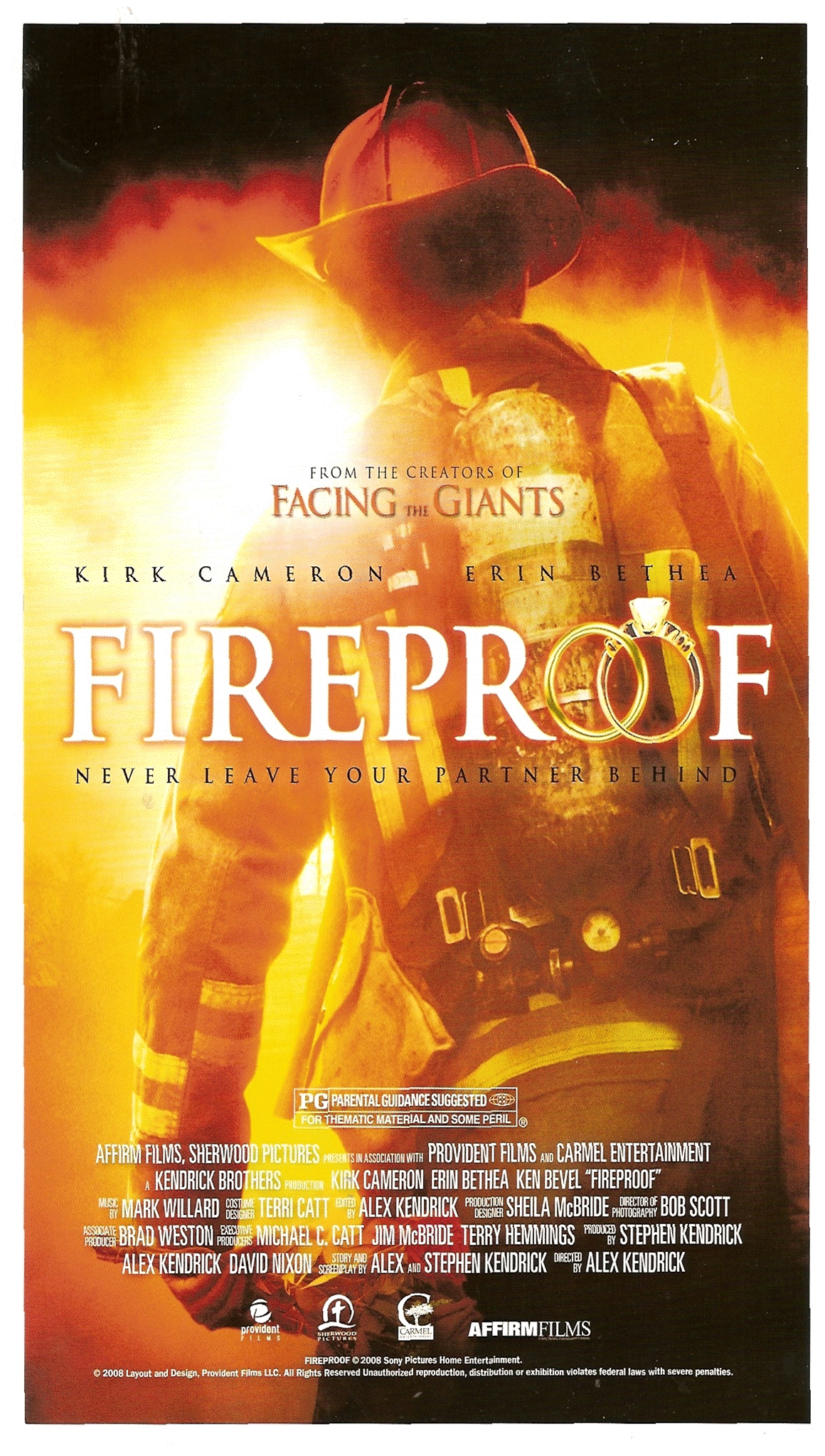What shapes your world view? How does your world view influence your work to change the world for the better?
Growing up, we’re told we shouldn’t talk about two things: politics and religion. Yet these two things often help set the foundation of one’s world view. How do we go about changing the world for the better if we can’t talk about either? It’s not realistic–Is it?
httpv://youtu.be/QXfD5SJgPqo
“If I hear one more politician croak out the words that his or her faith is a private matter, I may just have to go smack them. That is so not reality. All of us have a worldview and that worldview shapes everything we think, act, or do.” –Kay Warren, Saddleback Church
How does Spirituality + Social Change Add Up?
This post is prompted by two different events:
- Learning about the upcoming Justice Conference taking place next month, and
- Listening to a keynote address by Kay Warren at Pepperdine University’s 2010 conference, The Role of the Church in Doing Justice
The role of spirituality in social change has a lot to answer for–humans have a history of twisting one to achieve selfish desires and horrific acts. That said, does this mean that spirituality should not be a part of the social change dialogue? When you read social marketing texts or go to conferences, you don’t always hear a lot of chatter about mobilizing the network of the church or other faith-based organizations in efforts. Is it too taboo? How can we bring these two worlds closer together for good?
Mobilizing the Place “P”
 In 2009, President Obama created the Office of Faith-Based Organizations and Neighborhood Partnerships, but how can we challenge ourselves–as both practitioners and people with our own world views–to go a step further?
In 2009, President Obama created the Office of Faith-Based Organizations and Neighborhood Partnerships, but how can we challenge ourselves–as both practitioners and people with our own world views–to go a step further?
In social marketing circles, practitioners often look at the distribution network of Coca-Cola and ask how can we utilize the place “p” and mobilize it for good? Some, like ColaLife, are already a step ahead of many. In Kay Warren’s address, she discusses how the widespread distribution network that local churches offer can offer a sustainable solution to global health and international development efforts. To highlight the potential of this network, she shows how there are three rudimentary hospitals in Western Rwanda yet 726 churches.
Kay Warren goes on to present The PEACE Plan, a “hopeful response to the five giant problems in the world: spiritual emptiness, self-serving leadership, poverty, disease, and illiteracy.” Kay and her husband Rick Warren (author of a Purpose Drive Life) created The PEACE Plan with the goal to mobilize a billion ordinary church members–or half of the world’s Christian population–to do normal tasks that make a difference in the world.
Who is the Hero?
One of the key points from Kay Warren’s keynote is the value and dire need for servant leadership, people who lead by serving others. This is a mentality and perspective we can bring into every meeting, every conversation and every interaction with others. No matter where you stand on whether or not spirituality is appropriate to discuss in social marketing circles, I personally encourage you to watch the video above. You’ll see common themes between that which we work to achieve in social marketing and the spirituality expressed.
What do you think? How does the spirituality fit into social change? Or, is it too taboo to discuss?


